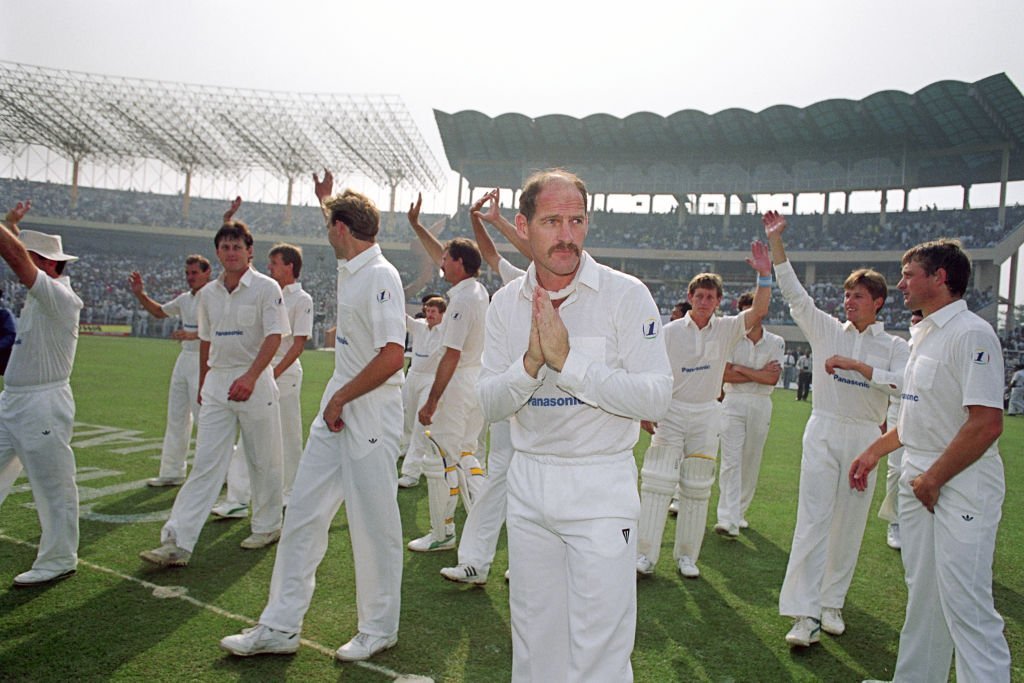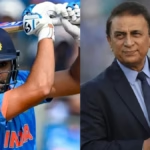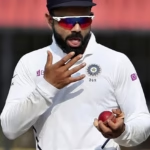1961 to 1991, South African cricket faced many challenges. The country’s unfair apartheid policies isolated it from international cricket, impacting players and fans alike. We understand this struggle.
We recognize that isolation can significantly affect sports and the gamers worried. It has deeply impacted South African cricket, affecting many gifted cricketers and their careers. This article discusses essential activities from that point and the way they fashioned the future of cricket in South Africa. If you care about the game and the players’ journeys, we invite you to read more about those challenges and their lasting outcomes.
The 1960 Republican Referendum
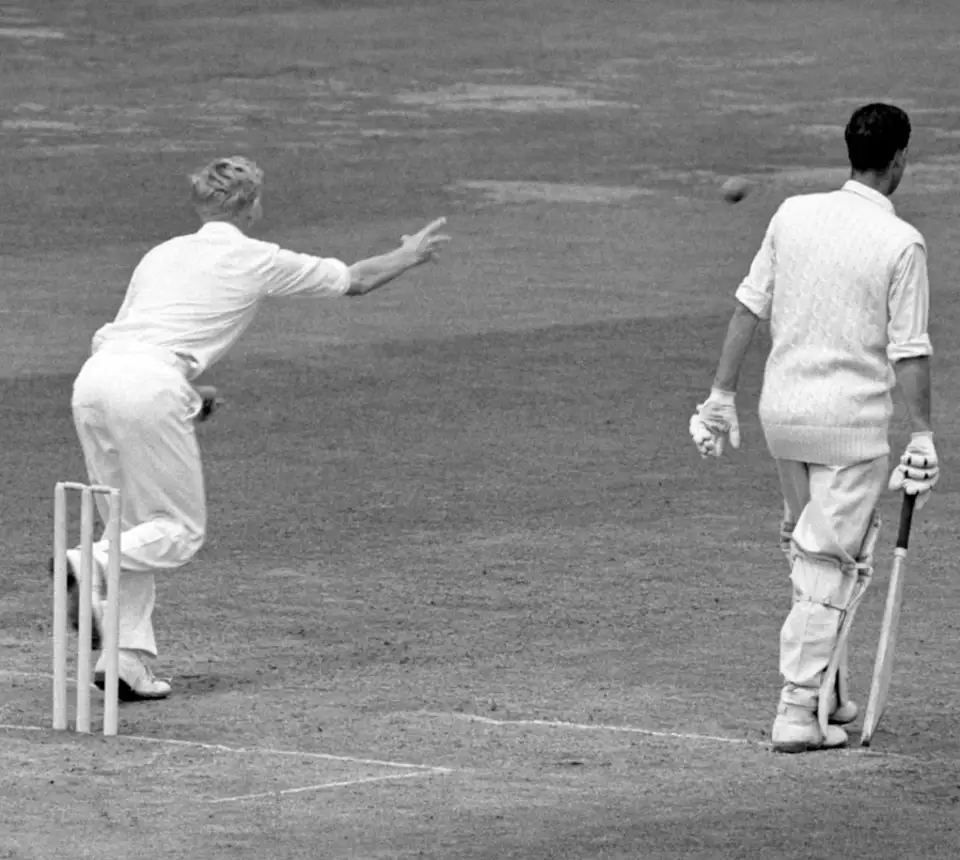
Image Source: ESPNcrickinfo
In 1960, South Africa held a vote to determine if it should end up a republic and reduce ties with the British monarchy. This preference changed into crucial for the country’s destiny.
Many humans desired this variation, and the vote turned into successful. On May 31, 1961, South Africa formally have become a republic, which means it had its own authorities. This additionally supposed that the country left the Commonwealth, a group of nations that used to be a part of the British Empire.
Leaving the ICC
Leaving the Commonwealth meant that South Africa additionally had to go away the International Cricket Council (ICC). At that point, you could simplest be a member of the ICC if you had been inside the Commonwealth. In 1964, regulations modified for nations to enroll in as “associate contributors,” however South Africa chose no longer to use again.
They successfully played matches against famous cricket teams like Australia, England, and New Zealand without many problems at first. It was a challenging time, but their love for the game kept them connected.
Shifting Global Attitudes
As countries around the world worked to gain independence, people’s views on racial equality began to change. A strong movement against apartheid in South Africa grew. This movement fought against the unfair laws that separated people based on race. Many nations and groups, including sports organizations, started to support boycotts against South Africa.
They wanted to stop doing business or playing sports with the country until it changed its unfair policies. This global effort aimed to promote fairness and equality for everyone, no matter their race.
ICC’s Ban on South Africa

Image Source: Youtube
In the ICC, members from India and other non-white countries strongly opposed South Africa’s unfair rules. South Africa did not allow non-white players to join their Test cricket team and would not accept teams that had non-white players.
In 1970, the ICC decided to ban South Africa from international cricket. This was because of serious issues related to discrimination. The ban aimed to stop unfair treatment in the sport and promote equality among all players, no matter their race.
The ICC wanted to make sure that cricket was fair for everyone.
Impact on South African Cricket
The Loss of a Golden Generation
The ICC ban substantially affected South African cricket. When the ban happened, South Africa had one of the fine cricket teams inside the international. Top players like Graeme Pollock, Barry Richards, and Mike Procter have been at their high-quality, however the ban stopped them from playing internationally.
Many players moved to other countries to keep playing cricket, while some could only play in local South African leagues. This situation changed the careers of many talented players and impacted the future of cricket in South Africa.
Decline in Domestic Cricket
The international boycott hurt cricket in South Africa. Without international matches, the quality of the game dropped. Fewer people attended games, and fewer players participated. South Africa also missed important changes in cricket happening around the world.
This included the rise of limited-overs matches and the start of the Cricket World Cup. Overall, the boycott impacted the growth and popularity of cricket in the country during this time.
To fight its increasing isolation, South Africa tried to make cricket open to everyone in 1976. They created the South African Cricket Union (SACU) to manage the sport without racial barriers. Even with this effort, the International Cricket Council (ICC) continued to ban South Africa from international games.
The cricket world was not sure that the changes were enough to solve the serious problems caused by apartheid. This period highlighted how difficult it was to change long-standing issues in sports and society.
The Era of Rebel Tours
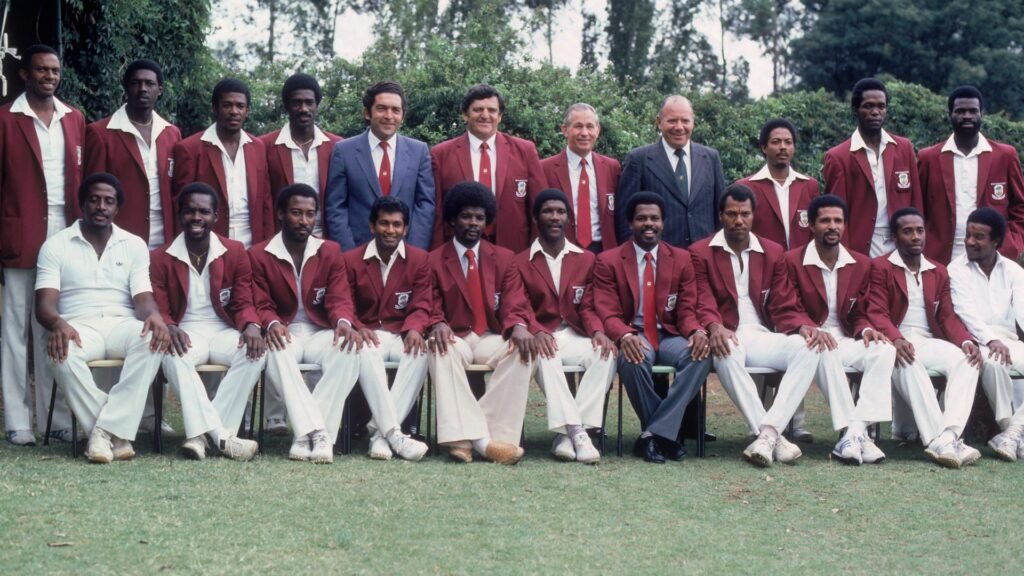
Image Source: The Business Standard
The Emergence of Rebel Tours
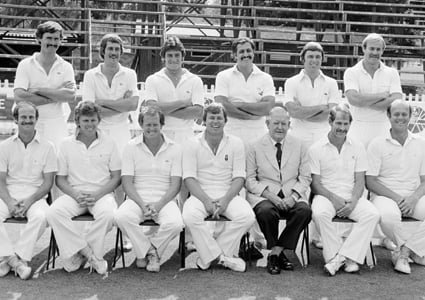
Image Source: Crickbuzz
To bring some joy to cricket fans, a few teams of international players organized “Rebel Tours.” These tours allowed players from around the world to visit South Africa and play against local teams.
These matches weren’t official, but they showed fans the international cricket they missed during hard times. They brought excitement and connection to the sport everyone loves.
It was a way to connect and enjoy the sport they loved despite the difficult situation.
Risks and Rewards for Rebel Players
Players who joined the Rebel Tours took massive dangers apprehend how disappointing it ought to be for them. However, the cash they earned from these tours was large, specifically on the grounds that expert cricketers did no longer make a good deal money again then. Between 1982 and 1990, there had been seven Rebel Tours with players from Australia, England, the West Indies, and Sri Lanka. Despite the risks, the hazard to earn plenty of money attracted many gamers to participate in those tours.
Controversy Surrounding the Tours
The Rebel Tours were a topic of much debate. They helped South African cricket stay connected with the world, which was important. However, many people criticized these tours because they felt they weakened the global fight against apartheid. Some believed that the players cared more about their own success than about standing up for justice.
It’s normal to feel torn. Staying connected to the game is tempting, but it can distract from the vital struggle against not equality. Your feelings are valid, and it matters.
It’s crucial to recognize both sides of this complex issue.
They missed the excitement of the game and the chance to show their skills on the world stage. Despite these challenges, the passion for cricket in South Africa remained strong, waiting for the day they could return to play again!
South Africa missed many important changes in cricket during those years. Unfortunately, the domestic cricket scene also struggled and didn’t grow as it should have. It was a difficult chapter, but the passion for the game remained strong among those who loved it.
